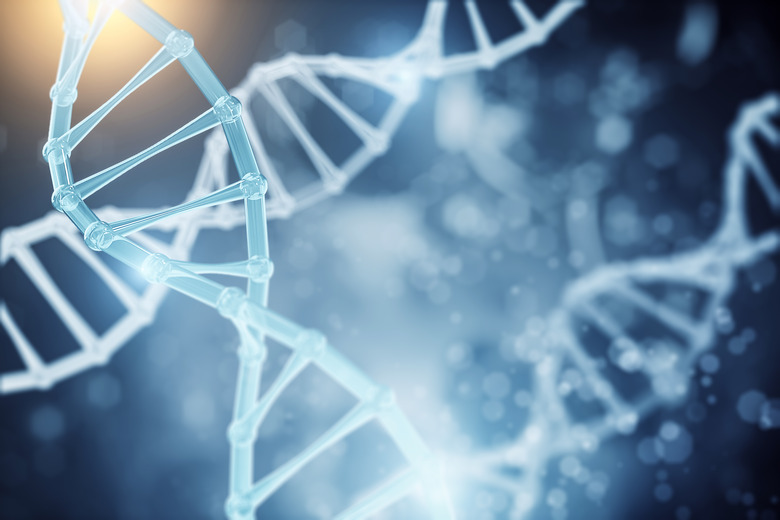How Molecular Scissors Can Fix Diseases And Edit DNA
Imagine taking a pair of scissors and simply cutting out genetic mutations that can cause diseases in the human body. Current technology that uses molecular scissors is not far from this scenario. Gene editing tools such as CRISPR can trim parts of your DNA and replace them with new pieces. Although there is potential to use these scissors for diseases, there are also risks and consequences.
Understanding Molecular Scissors
Understanding Molecular Scissors
CRISPR stands for clustered regularly interspaced short palindromic repeats, which are pieces of repeating base sequences. In genetic engineering, CRISPR is a type of technology that can edit the base pairs of a specific gene and can act as molecular scissors. Basically, it is a tool to cut genes precisely inside the cells.
Using Molecular Scissors
Using Molecular Scissors
Molecular scissors can fix a single-letter error in the genetic code consisting of deoxyribonucleic acid (DNA), or they can edit ribonucleic acid (RNA). For example, CRISPR-Cas9 is an enzyme that can edit genes and remove mutations, which are changes that happen in the genetic code. In a recent study, CRISPR-Cas9 has trimmed genes in human embryos that may cause heart failure because of hypertrophic cardiomyopathy.
The potential implications of these scissors are extensive. They may be able to remove mutations in embryos and adult humans. This means the technology may prevent people from developing certain medical conditions, and it may also help those who already have the diseases. There may be other uses such as bringing back memories for Alzheimer's patients.
Molecular scissors may play an important role in personalized medicine in the future. Imagine being able to receive treatments based on your unique genetic code while lowering the risk of side effects or complications.
Risks and Consequences
Risks and Consequences
One of the main concerns with gene editing is the inability to predict long-term consequences. Although removing mutations may seem like a simple solution to preventing or fixing a variety of diseases, it is difficult to guess how this will affect a person over time. Some mutations do not affect the protein that you body ultimately makes from the gene. In addition, not all mutations lead to serious health problems.
Another concern about using molecular scissors is the potential to create designer babies and adults. If parents have the option to remove or prevent certain diseases in their children, some of them may take it to another level and ask for specific characteristics like hair or eye color. Likewise, adults may want to use the technology to become super humans.
Cite This Article
MLA
Bandoim, Lana. "How Molecular Scissors Can Fix Diseases And Edit DNA" sciencing.com, https://www.sciencing.com/how-molecular-scissors-can-fix-diseases-and-edit-dna-13711520/. 18 May 2018.
APA
Bandoim, Lana. (2018, May 18). How Molecular Scissors Can Fix Diseases And Edit DNA. sciencing.com. Retrieved from https://www.sciencing.com/how-molecular-scissors-can-fix-diseases-and-edit-dna-13711520/
Chicago
Bandoim, Lana. How Molecular Scissors Can Fix Diseases And Edit DNA last modified August 30, 2022. https://www.sciencing.com/how-molecular-scissors-can-fix-diseases-and-edit-dna-13711520/
